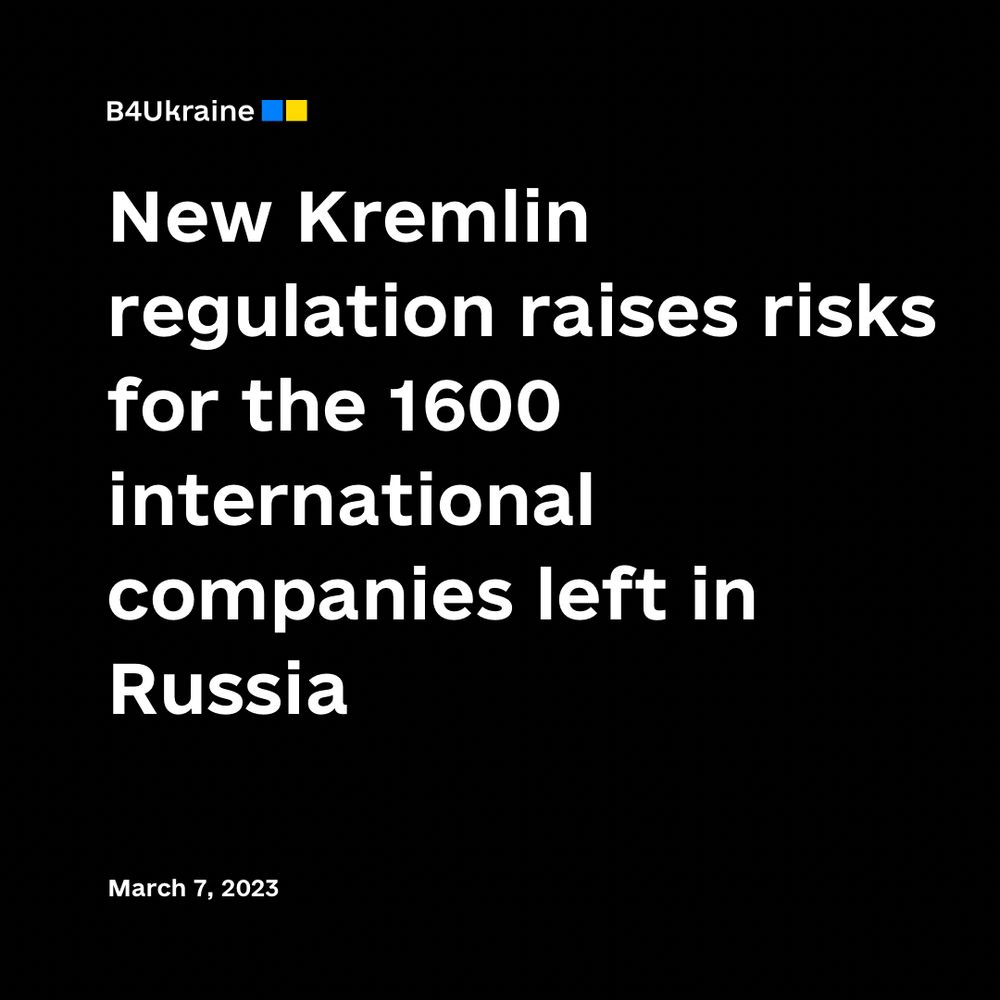
Russia’s President Putin issued a new decree on Friday 3 March which allows the Russian government to suspend the rights of shareholders, and impose external management in companies that fail to meet state defence contracts under conditions of martial law.
In January this year Russia introduced “martial law” for the four occupied territories of Ukraine, mandating all companies operating there to produce products for State needs, including supplying the Russian army.
This latest Decree adds more detail to this order, by spelling out the procedure under which the businesses will be run by Russian government-appointed representatives if they fail to fulfill state orders, effectively creating a situation of “partial nationalization”. When asked last Friday if martial law could be introduced in certain regions of Russia, Kremlin spokesman Dmitry Peskov said that was the president’s prerogative, but did not say whether Putin planned such a move.
However, Article 8 of the law “On Martial Law” states that in the event of martial law, temporary restrictions on production, work performance, and service provision for state needs, as well as the supply of the Russian Federation Armed Forces, other troops, military formations and bodies, special formations, and the population may be introduced under federal laws and other regulatory legal acts of the Russian Federation. This means that the measures introduced by the decree last Friday can be applied to all companies in Russia no matter in which region they are based.
“The latest decree adds ‘partial nationalization’ as yet another potential risk factor for the 1600 multinational companies doing business with Russia,” said Rich Stazinski, member of the B4Ukraine Coalition. “The growing set of risks associated with continuing operations in Russia are now foreseeable, predictable, and largely avoidable. Companies must act now or risk enabling Russian war crimes as well as the material interests of their shareholders.”
Companies with assets and staff in Russia already face heightened risks of complicity in war crimes. The ‘partial mobilisation’ order, introduced by Putin in September 2022, opened the door for the Russian government to force any company operating within Russia to enlist employees and provide information and resources to support the war effort.
Alongside the legal hazards of continued engagement in Russia are a host of material risks. Any company which maintains assets in Russia runs the continual risk that Putin will seize them. Shell, Mitsui and Mitsubishi were on the sharp end of the Kremlin’s decision to nationalise the Sakhalin-2 oil and gas project in July last year, an initiative in which they all had major stakes.
Wintershall Dea — the German gas giant — which has been particularly slow to react to the invasion of Ukraine found out the hard way what the current cost of doing business in Russia is. Over a period of months, the Kremlin imposed price caps on its gas sales to Russian entities and according to Wintershall’s CEO began a process of “expropriation” of its joint ventures. Wintershall has subsequently committed to a full exit from Russia.
B4Ukraine is calling on the EU, G7 and all other nations committed to a rules-based international order to step in to urge companies to cut ties with Russia and issue market guidance advisories to warn of the heightened risks of continuing business there.